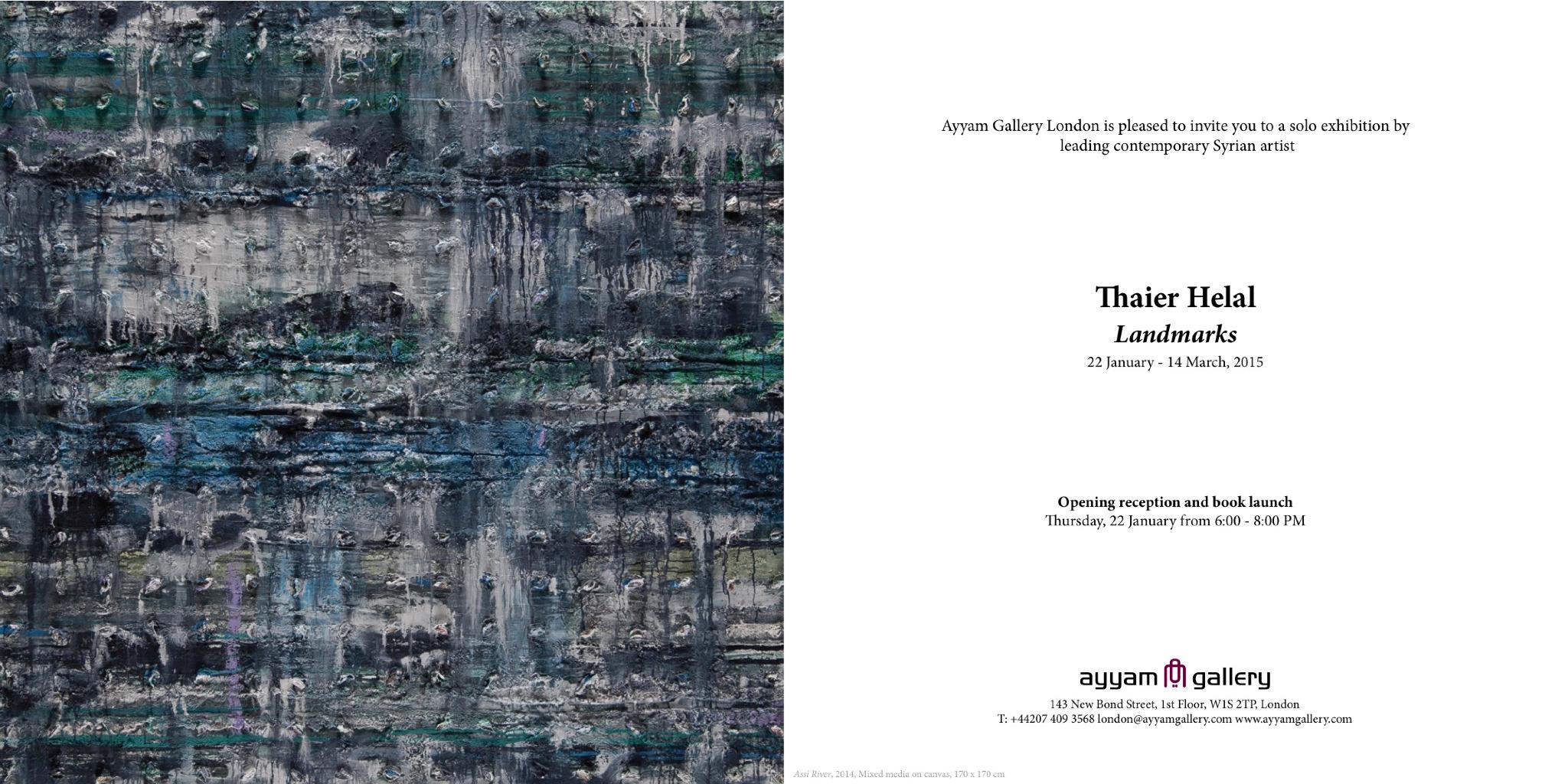3D printers help defy UK visa restrictions for Middle Eastern sculptors
An exhibition of 'art by email' will showcase pieces of sculpture, film and photography from artists working throughout the Middle East
Organisers say tight visa restrictions are a 'huge deterrent' for non-EU artists seeking to show their work in the UK (AFP)
Artists caught up in wars in the Middle East are being offered the chance to exhibit in the UK by submitting work by email - including blueprints for sculptures that can be "3D printed" in Britain.
Yorkshire Sculpture Park, the country’s oldest, is collaborating with an arts organisation based in the Kurdish region of Iraq to encourage submissions from artists in the Middle East.
Organisers say the plan will allow artists to bypass tough visa rules that prevent many from entering the UK to exhibit their creations.
Beyond Boundaries: Art by Email is to take place in January next year, and “celebrates the fact that ideas and art can travel even if people cannot,” the organisers said in a statement.
The exhibition will focus on artists’ experiences of life in the last two years, including the rise of the Islamic State (IS) group and ongoing wars.
“Iraq has always been in conflict, as has Syria since 2011,” said Adalet Garmiany, head of the Erbil-based arts organisation ArtRole, which works to promote cultural exchange between the Middle East and the rest of the world.
“But the appearance of Islamic State brought a different form of war,” Garmiany told Middle East Eye from the Kurdish region of Iraq. ”It’s beyond imagination. I’ve seen a lot of things in my life, but this is new.”
Organisers say they are seeking responses from across the region and displaying them in Europe because of the increasingly international nature of a conflict that has forced millions of people to seek refuge both within and outside the region.
Tight visa restrictions enforced in the UK mean that organisers, with little hope of contributors being allowed to visit the country in person, have turned to technological solutions.
“We know how hard it is to get visas, especially for the UK,” said Garmiany, who in 2010 organised an exhibition for Iraqi artists to open a showcase of their work only to find that the group was denied visas just a month before the opening date.
Helen Pheby, the senior curator at Yorkshire Sculpture Park, told MEE she had been inspired by artists she met during a visit to the region but knew that getting visas for them to show their work in person would be “impossible”.
Technically, non-EU nationals can apply for a visitor visa - costing at least £87 ($116) - that would allow them to stay in the UK for up to 30 days.
In practice, artists from conflict-hit countries such as Syria and Iraq have struggled to obtain them.
In June, the Orchestra of Syrian Musicians came together at the UK’s Glastonbury Festival to perform together for the first time in five years – but without their conductor, Issam Rafea, who was unable to enter the country.
Last year Thaeir Helal, one of Syria’s most prominent visual artists, was denied a visa to travel to the UK for the opening of his own exhibition, the first solo showing of his art in the country.
The Home Office, the UK government department responsible for issuing visas, said it believed Helal did not plan to leave the country after the event.
Shameful.. I will not be able to attend my first slow show in London... They refused my visa... unwelcome artists.
“It might be easier for people from the UAE or other Gulf states,” Garmiany said. “But we’re also talking about Syria, Iraq, Iran, Palestine. It wouldn’t be easy to get a visa for nationals from those countries – and they are the ones that people would be interested to speak to.”
A Home Office spokesperson told Middle East Eye that "all visa applications are considered on their individual merits in line with immigration rules.
"There are no restrictions on visiting artists as long as they comply with the rules that are applied to everyone.”
But Pheby said that visa restrictions were a “huge deterrent” for artists seeking entry to the UK, especially for those who already have had traumatic experiences of seeking refuge abroad or fear that being denied a UK visa would harm their chances of getting permission to visit the US to show their work.
“The whole reason these very strict visa protocols exist is to keep us safe, but our view is that you’re actually safest when you’re in dialogue with people and trying to understand what everyone shares.
“But this isn’t a protest. It’s a new way of working within a system that everyone is forced to be part of,” said Pheby.
Garmiany, said organisers are relishing the opportunity to seek new solutions and to use some of the same communications technology used by IS to sow war.
“IS uses technology in a negative way to recruit people,” he said. “We want to use technology for good, to help people overcome the barriers they face.
“We know what politicians do in war, and what businesses do. We know who is taking advantage and who is paying the price. But we don’t know about art and culture.”
http://www.middleeasteye.net/in-depth/features/3d-printers-help-defy-uk-visa-restrictions-middle-eastern-sculptors-1794188891
posted by Satish Sharma at
15:43
![]()



0 Comments:
Post a Comment
Subscribe to Post Comments [Atom]
<< Home